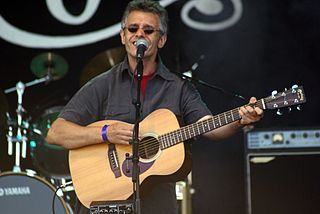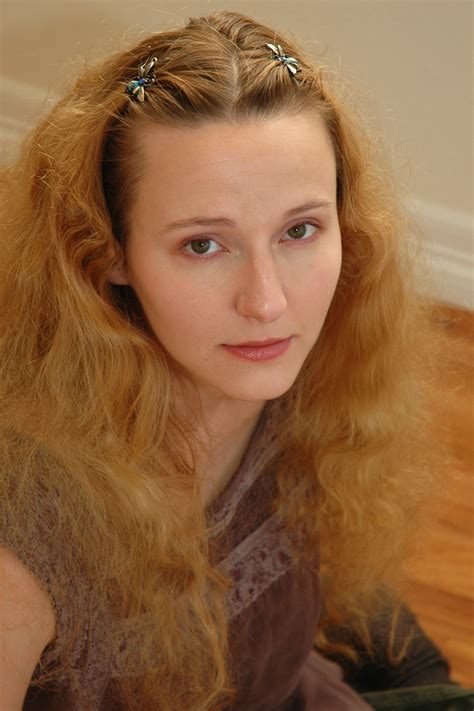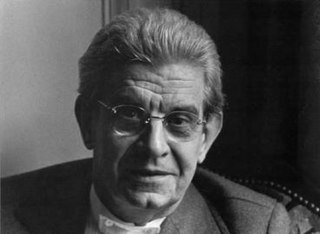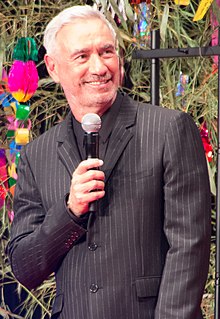A Quote by Daniel Dennett
In the beginning, there were no reasons; there were only causes. Nothing had a purpose, nothing has so much as a function; there was no teleology in the world at all.
Related Quotes
When I received the invitation to "check out" Fairport I knew absolutely nothing about them, all I knew was that they were beginning to establish themselves as an underground favorite, by playing regularly at the UFO club in Covent Garden. But the crowd I was running with at the time were listening to a completely different genre of music. So I had nothing to go on, there was nothing on vinyl, Fairport's recording days were still ahead of them.
In the world it is called Tolerance, but in hell it is called Despair...the sin that believes in nothing, cares for nothing, seeks to know nothing, interferes with nothing, enjoys nothing, hates nothing, finds purpose in nothing, lives for nothing, and remains alive because there is nothing for which it will die.
I was always embarresed by the words 'sacred,' 'glorious,' and 'sacrifice' and the expression 'in vain.' We had heard them, sometimes standing in the rain almost out of earshot, so that only the shouted words came through, and had read them on proclamations that were slapped up by billposters over other proclamations, now for a long time, and I had seen nothing sacred, and the things that were glorious had no glory and the sacrifices were like the stock yards at Chicago if nothing was done with the meat except to bury it.
The most ancient parts of truth . . . also once were plastic. They also were called true for human reasons. They also mediated between still earlier truths and what in those days were novel observations. Purely objective truth, truth in whose establishment the function of giving human satisfaction in marrying previous parts of experience with newer parts played no role whatsoever, is nowhere to be found. The reasons why we call things true is the reason why they are true, for to be true means only to perform this marriage-function.
We're supposed to believe that oil had nothing to do with it, that if Iraq were exporting pickles or jelly and the center of world oil production were in the South Pacific that the United States would've liberated them anyway. It has nothing to do with the oil, what a crass idea. Anyone with their head screwed on knows that that can't be true.
From the little reading I had done I had observed that the men who were most in life, who were molding life, who were life itself, ate little, slept little, owned little or nothing. They had no illusions about duty, or the perpetuation of their kith and kin, or the preservation of the State. They were interested in truth and in truth alone. They recognized only one kind of activity - creation.
...Desire, a function central to all human experience, is the desire for nothing nameable. And at the same time this desire lies at the origin of every variety of animation. If being were only what it is, there wouldn’t even be room to talk about it. Being comes into existence as an exact function of this lack.
It is as if a king had sent you to a country to carry out one special, specific task. You go to the country and you perform a hundred other tasks, but if you have not performed the task you were sent for, it is as if you have done nothing at all. So people have come into the world for particular tasks, and that is our purpose. If we don't perform it, we will have done nothing.







































